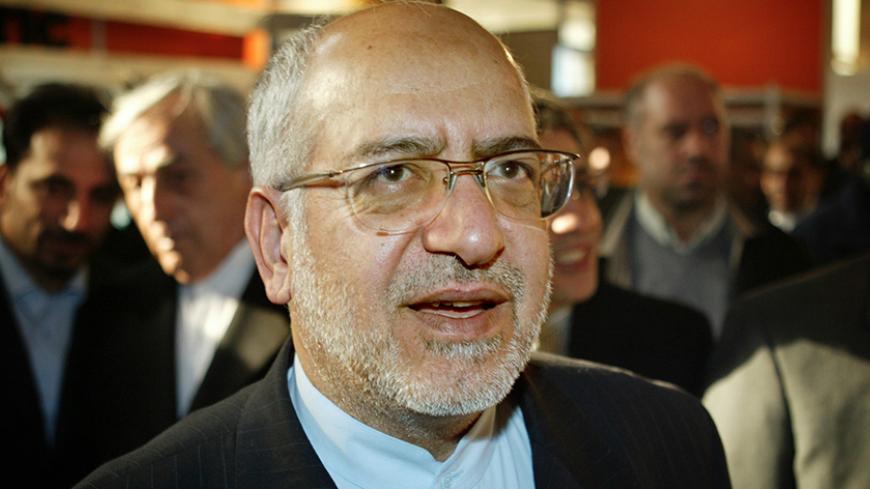TEHRAN, Iran — Ultraconservatives in Iran are stepping up their crackdown on civil liberties in a move to send a message to the West — and the United States in particular — that the July 14 nuclear deal with six world powers does not mean that Tehran will liberalize its political system. To this end, they are using, or as moderate President Hassan Rouhani has noted, “playing with,” remarks made by Supreme Leader Ayatollah Ali Khamenei on likely US political and cultural infiltration of Iranian society.
Infiltration — a term generally referring to the actions of the United States or figures in Iran who seek to repair bilateral relations — has remained a major concern for Iranian ultraconservatives decades after the Islamic Revolution, which led to a split between the once allied countries. But the economic dimension of this matter seems to have long been neglected, and that is seemingly because Iranian conservative leaders see economic infiltration as less dangerous than foreign political and cultural influence.


